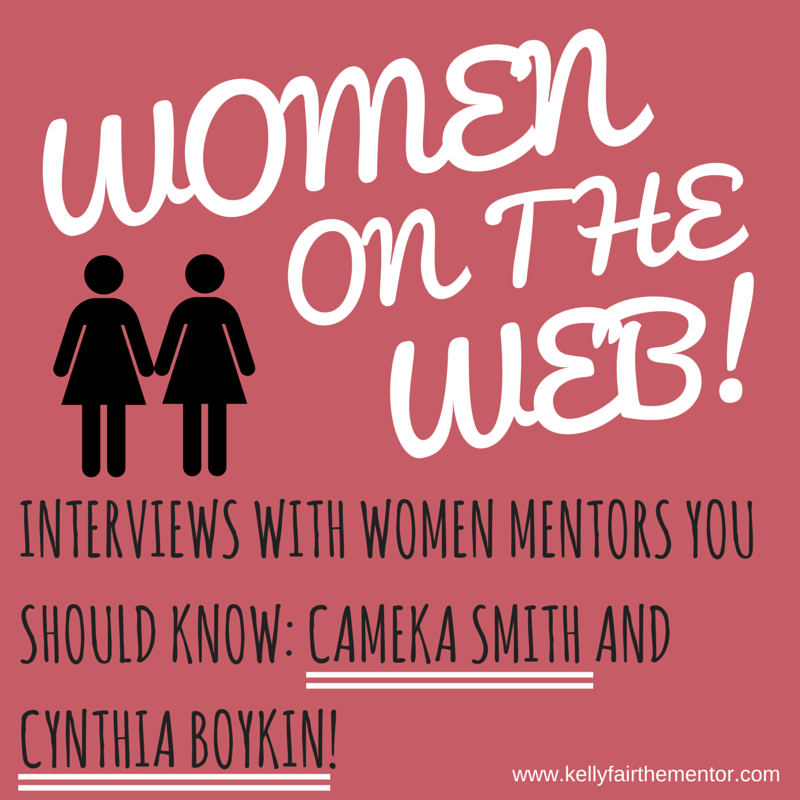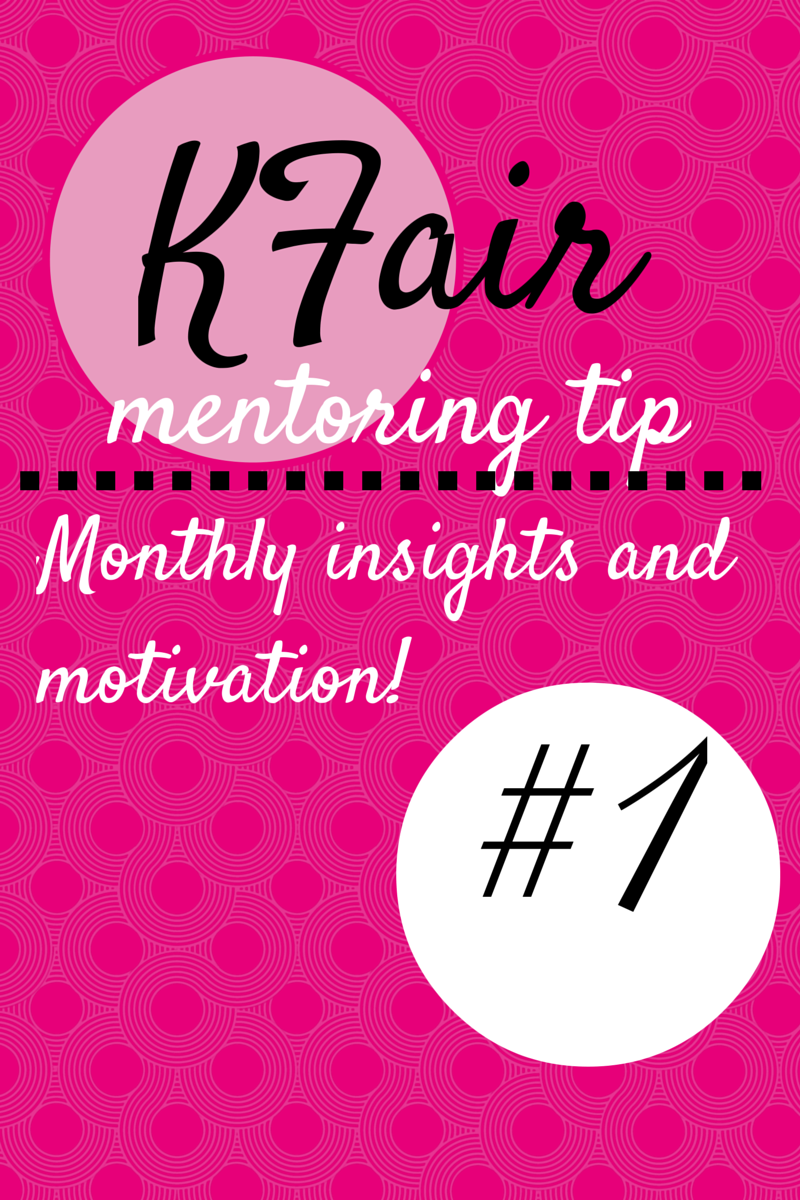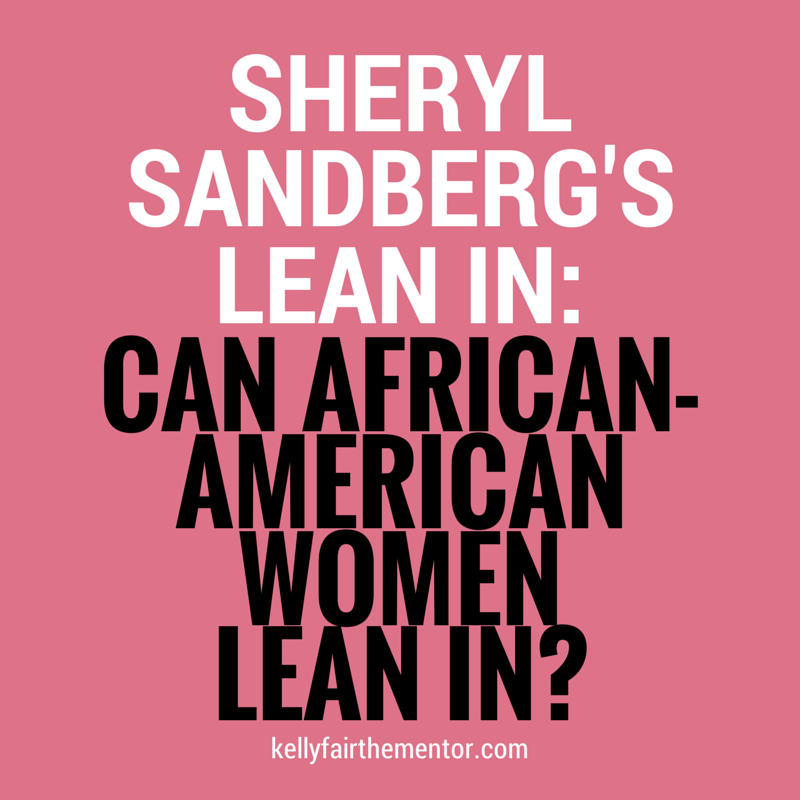At KellyFairtheMentor.com, we had the opportunity to interview two beautiful, influential women–Cameka Smith of BOSS Network and Cynthia Boykin of What U Need Is… We are happy to share with you a combined presentation of their insights and inspirations for mentoring and strengthening community!
First, a little bio on our wonderful Women on the Web. Cameka Smith is the founder of BOSS Network.  With a Master’s in Education, Cameka has dedicated herself to supporting the entrepreneurial spirit in women. As BOSS Network so succinctly and powerfully describes their founder, “Speaker, trainer, and award-winning entrepreneur…BOSS Network has evolved into a go-to resource for companies seeking female influencers as their target market. A one-stop-shop for career and entrepreneurial minded women”.
With a Master’s in Education, Cameka has dedicated herself to supporting the entrepreneurial spirit in women. As BOSS Network so succinctly and powerfully describes their founder, “Speaker, trainer, and award-winning entrepreneur…BOSS Network has evolved into a go-to resource for companies seeking female influencers as their target market. A one-stop-shop for career and entrepreneurial minded women”. 
Cynthia Boykin, “The Master Networker”, is the founder of What U Need Is…an essential connection between businesses and consumers in Chicago. As is said about the founder, “Cynthia is known for being able to build relationships connecting the right people together skillfully and swiftly.”
What Are They Proud Of?
Both of these women are proud of the paths their lives have taken…with some overlap! Cameka Smith finds pride in her educational achievement. Coming from “an environment where most of my peers were looked at as a statistic”, her MA in Education helps her to work for change in her community! When her students follow their dreams she is able to see the impact she has had on youth–their successes are her successes; a constant reward. Her transition into BOSS Network only added to her positive influence in her community. Speaking of BOSS Network, Cynthia Boykin is proud to be on the leadership board! Through this opportunity she was able to meet one of her mentors, Beverly Johnson (first black woman on the cover of Vogue). Following in her mentors footsteps, Cynthia was honored by being on the cover of Black Pages International Magazine in 2011 and 2012! She’s proud to be part of such a vibrant, successful community of women entrepreneurs and business owners.
Who Have Been Their Mentors, Their Motivators?
Cynthia Boykin cannot think of a positive influence on her life without remembering her mother. Cynthia says that she is a “woman who lead by example”. In 1952 she joined the Women’s Army Corps, pushing gender boundaries to find fulfillment in her life. Similarly, Cameka Smith sees the “every day women in her life”, her mother and aunts, as her greatest motivators. She came from a big, connected, and loving family that always maintained faith and commitment to one another and community. The very women she works with through the BOSS Network are her mentors. They keep her sharp and engaged as they eagerly strive to network and succeed. Both of these women have found that the women in their lives have been role models. They have shown Cynthia and Cameka positive, successful examples of women; whether that is mother and wife or business owner and entrepreneur. Cynthia gave a warmly appreciated shout out to Kelly Fair, citing her work with Polished Pebbles as one of the best young girls mentoring program in Chicago. Thank you Ms. Cynthia Boykin!
Polished Pebbles works to provide these examples of women to our girls. As we have learned from Cameka and Cynthia, this can positively influence their self-perception, and goal setting! When surrounded by such intelligent, strong women it is hard not to set such high goals!
Do They Think Their Mentors? …Because We Sure Do!
Cameka Smith first saw herself as a mentor when she began her career in education. She saw the need to provide positive role models for her students and other youth, so she acted! She began to create mentor programs for students. She wanted to showcase young professionals; let them “see what they can become” from “all walks of life”. Although she artfully evaded the question, we are here to tell her, Cameka Smith, you are a mentor! She encourages youth, especially young girls, to join mentoring programs to push their visions and extend their platforms. Giving another evasion, Cynthia Boykin described herself as a possible example for other women. We are also here to tell her, Cynthia Boykin, you are a mentor! She is a great resource connector and networker for her clients and community. She will use anything she has and can get to support those she can, utilizing a “I got mine, now let me help you get yours” mentality. She sees her sponsorship, encouragement, and support as an investment in great, upcoming people, businesses, and organizations–future change-makers! They both see their clients and peers as a reciprocal relationship; both teachers and learners, supporters and supported.
Now, What Do They Hope To See From Their Communities?
Both Cynthia Boykin and Cameka Smith want to see you, yes you readers, contributing to your communities! They can be through time, gifts, resources, or any other way of getting involved. Cameka reminds us all that “if you have lived on this earth, then you have something that you’ve been through…that you can share with another person”. So, do just that! She would like to see more community involvement in mentoring programs for youth (at Polished Pebbles, we agree!). Cameka sees women of color as essential contirbuters to their communities because they are natural role models and leaders. Thinking on an organizational level, Cynthia Boykin echoes the same goal, but for businesses! She wants to see more community center businesses that are dedicated to the growth of their communities. If they build reciprocal relationships, then businesses can connect more with their consumers!
We all need hope in our lives. Only by sharing our stories, experiences, advice, and wisdom with others can we encourage hope to grow!
Thank You, Cameka Smith And Cynthia Boykin!
These two women have been so supportive of Polished Pebbles and the work that we do with our girls, that we want to take the time to thank them for the work that they do! By creating their networks, they are able to connect mostly women of color with essential resources to grow their businesses and names. Without them, there would definitely be less sharing and caring here in Chicago. We hope you see the positve impact you have on individuals, organizations, and communities…because we do!
Readers, get to know these women entrepreneurs, these fellow Women on the Web!




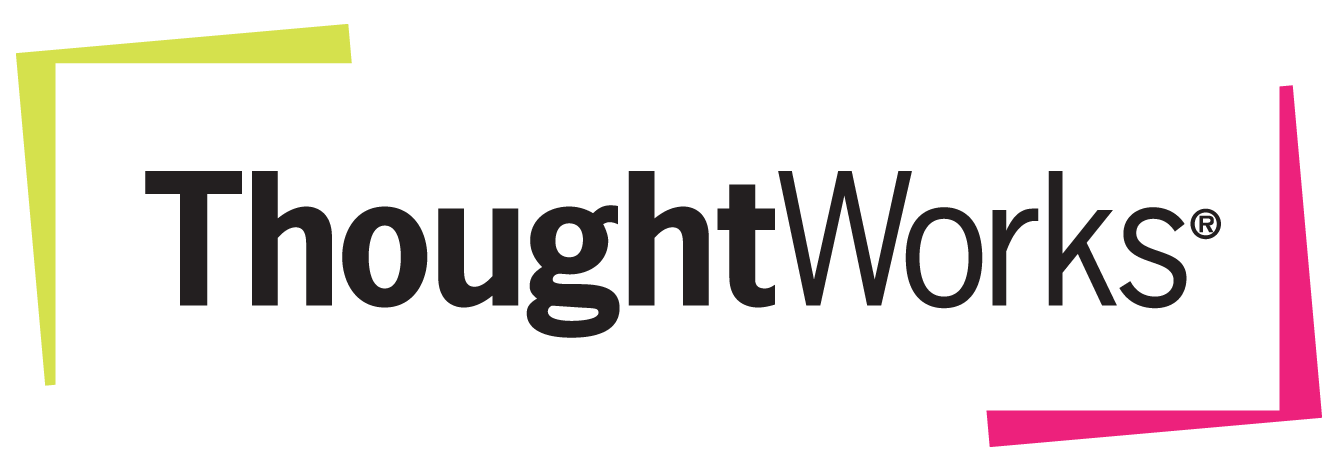
 into how a company runs from the inside. They really made me feel like I was part of their team. They gave us ID badges that we got to use everyday to enter the building. You never really know how something works until you have been placed in their shoes. ThoughtWorks, inside and out, is such an outstanding company and I’m glad I got to be a part of that experience with them! ThoughtWorks is not like any other company; they are unique and like no other. Everybody at the company is so friendly and did such a great job at making us feel welcome.
into how a company runs from the inside. They really made me feel like I was part of their team. They gave us ID badges that we got to use everyday to enter the building. You never really know how something works until you have been placed in their shoes. ThoughtWorks, inside and out, is such an outstanding company and I’m glad I got to be a part of that experience with them! ThoughtWorks is not like any other company; they are unique and like no other. Everybody at the company is so friendly and did such a great job at making us feel welcome. 
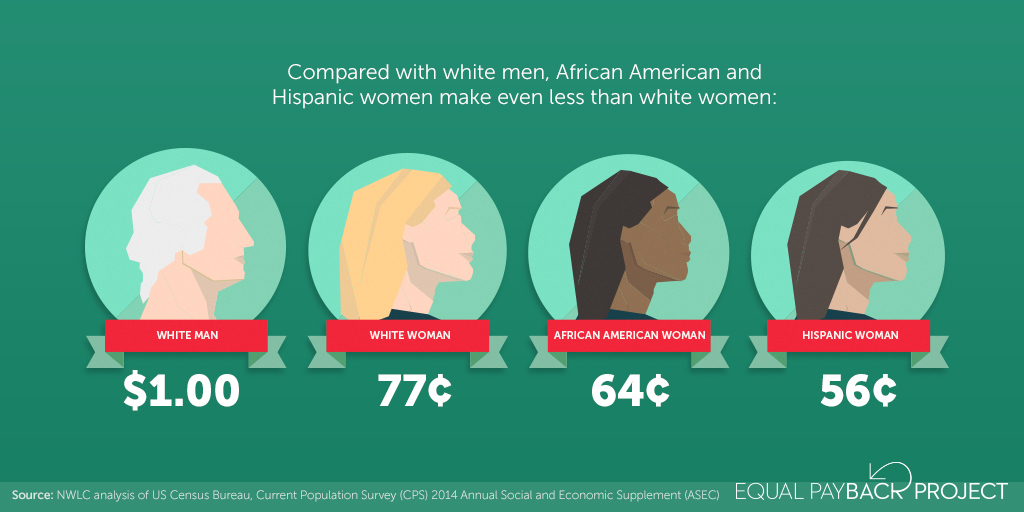



 Cameka Smith is the founder of BOSS Network, “Bringing Out Successful Sisters”. With a Master’s in Education, Cameka has dedicated herself to supporting the entrepreneurial spirit in women. As BOSS Network so succinctly and powerfully describes their founder, “Speaker, trainer, and award-winning entrepreneur…BOSS Network has evolved into a go-to resource for companies seeking female influencers as their target market. A one-stop-shop for career and entrepreneurial minded women”.
Cameka Smith is the founder of BOSS Network, “Bringing Out Successful Sisters”. With a Master’s in Education, Cameka has dedicated herself to supporting the entrepreneurial spirit in women. As BOSS Network so succinctly and powerfully describes their founder, “Speaker, trainer, and award-winning entrepreneur…BOSS Network has evolved into a go-to resource for companies seeking female influencers as their target market. A one-stop-shop for career and entrepreneurial minded women”.

